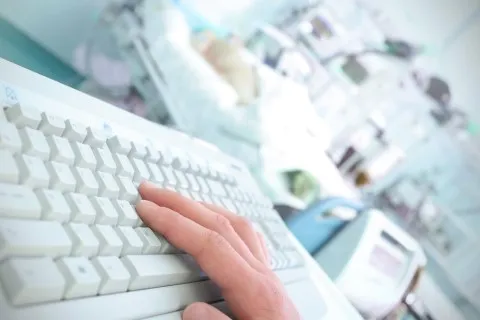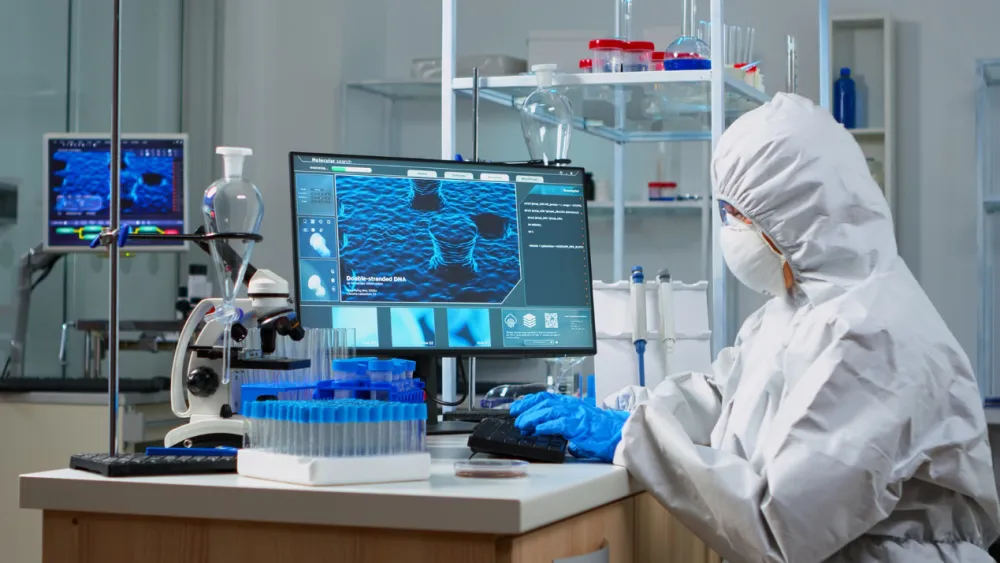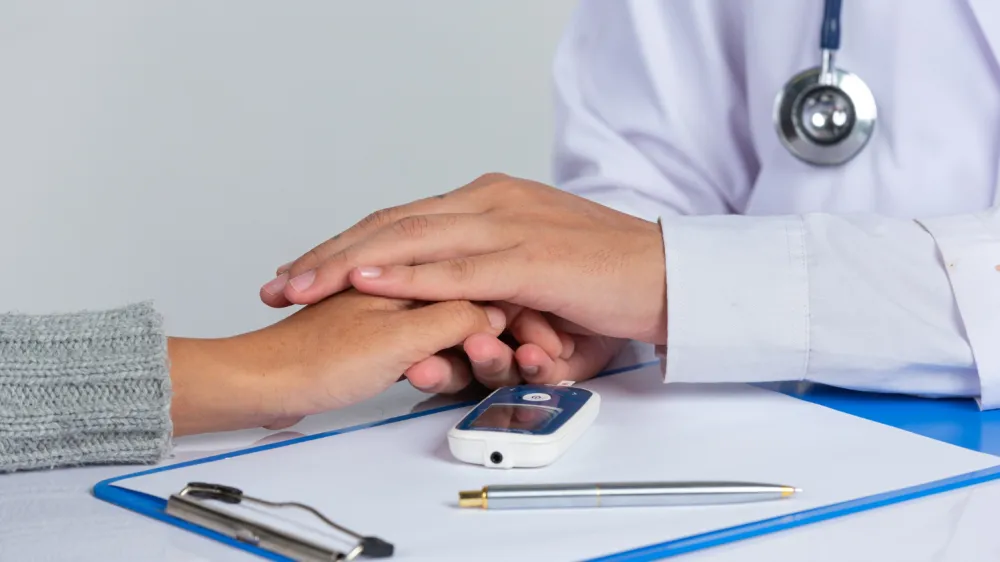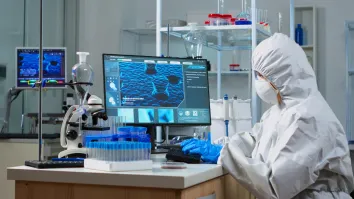
Telecare will shape pharmaceutical opportunities in the Asia-Pacific region: BMI
Singapore and Hong Kong will benefit the most, they said.
Mature ICT markets in the Asia Pacific regions will soon have overflowing pharmaceutical opportunities, as the maturity incentivises operators to expand into telecare as a means of tapping affluent populations to offset plateauing subscriber growth, and sets the foundation to facilitate a deeper penetration of telecare.
According to BMI Research, the demand for telecare to revolutionise existing healthcare resources is strong in the markets and will shape the medical sectors.
“This will have important ramifications for pharmaceutical firms as it creates scope for better diagnosis rates and adherence to medicine regimens,” BMI Research said.
For example, BMI said Singapore’s National Healthcare Group Polyclinics noted in April 2016 that its telecare programme has saved SGD10,000 in manpower and productivity costs over the past three years while the same month saw Australia-based CliniCloud calling upon the government of Prime Minister Malcom Turnbull to introduce a reimbursement for online services to facilitate the expansion of telemedicine.
Meanwhile, the success of telecare in the countries will complement the ripe ICT landscapes.
“According to the Office of the Communications Authority (OFCA), Hong Kong's household penetration for wireline broadband was 84% in January 2016, while Singapore's, at 102.8% according to the Infocomm Development Authority (IDA) (also corresponding to the month of January), was the highest among the three,” BMI Research said.



















 Advertise
Advertise





